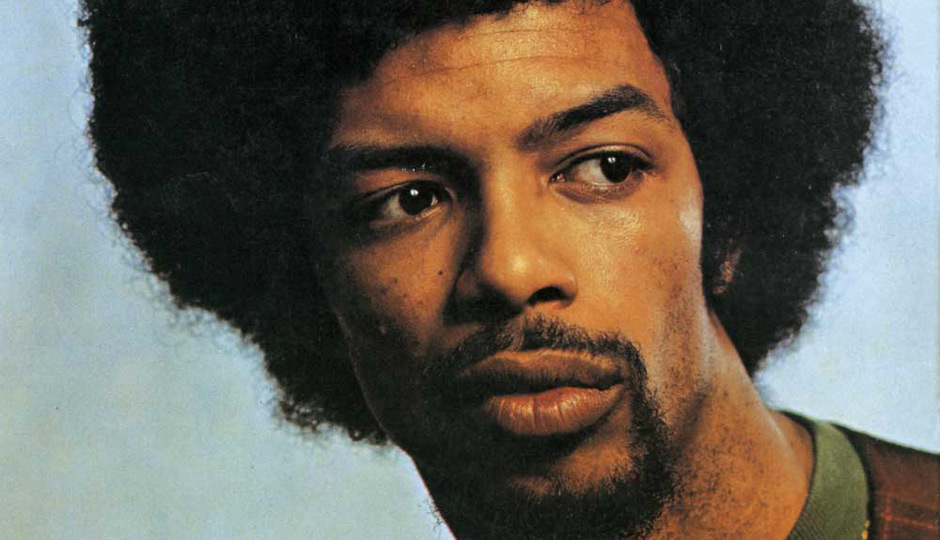“The Revolution Will Not Be Televised” – Gil Scott-Heron

“The Revolution Will Not Be Televised” is a seminal spoken-word piece by Gil Scott-Heron, released in 1971. It is one of his most influential works and is considered a key piece in the genre of spoken word and social commentary. Here’s a closer look at the piece:
Content Summary: The piece is a powerful critique of consumer culture, mass media, and the superficial nature of mainstream entertainment. Scott-Heron argues that real social and political change cannot be captured or conveyed through television and mass media. Instead, he emphasizes that true revolution requires active engagement and awareness from individuals. The repetition of the phrase “The revolution will not be televised” serves as a provocative statement, challenging listeners to recognize the difference between media spectacle and genuine societal change.

Musical Style: The piece features a minimalist musical backdrop with a smooth, jazz-influenced rhythm. Scott-Heron’s delivery is rhythmic and assertive, blending elements of poetry with a musical groove. His voice is commanding and direct, reinforcing the piece’s message with a sense of urgency and conviction.

Impact and Legacy: “The Revolution Will Not Be Televised” is widely regarded as a classic and influential work in the genre of political spoken word. It has been cited for its incisive social commentary and its role in addressing issues of race, media, and politics. The piece has inspired numerous artists and activists and remains a powerful statement about the nature of activism and the role of media in shaping public perception.

Cultural Context: Released during a period of significant social and political upheaval in the United States, the piece resonated with audiences who were grappling with issues of civil rights, inequality, and the Vietnam War. Scott-Heron’s work captured the spirit of the era and continues to be relevant in discussions about social justice and media influence.
Overall, “The Revolution Will Not Be Televised” is celebrated for its insightful and provocative critique of media and culture, showcasing Gil Scott-Heron’s skill as a spoken-word artist and his commitment to addressing important social issues.











